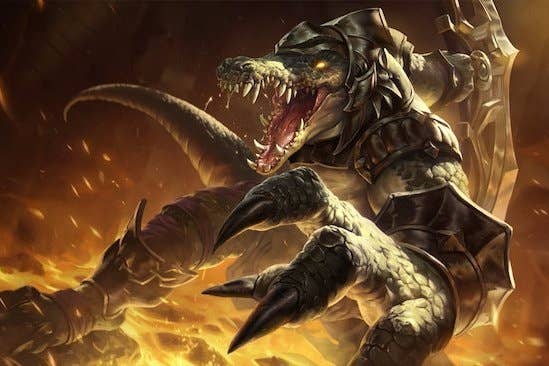Riot uses LoL chatlogs to weed out toxic employees
Being a troll in-game translates IRL, finds developer
Riot has used the behaviour of its employees when playing League of Legends to identify potential problems in the workplace, finding a high correlation between those who are toxic in-game and unacceptable workplace behaviour, Re:Work reports.
Because all Riot employees play League, and have the same persistent player records as everyone else, it's a relatively easy matter to take stock of which employees have been attracting bad feedback from team mates and opponents. That done, Riot looked back at the dismissals it had made over the last year and found a correlation between poor in-game reputation and problem behaviour at work - a quarter of all fired employees had been unpleasant players. Toxic players tended to be toxic employees, even if the reverse wasn't always true.
Following that realisation, Riot took a proactive stance, looking at the most problematic LoL records of current employees and examining their workplace behaviour. Looking at the traits exhibited, snarky passive aggression and over authoritative behaviour were found to be the most common negative associations, with some employees 'pulling rank' on other players to intimidate them. This behaviour tended to fluctuate with mood, unsurprisingly, but the situation was bad enough that the company singled out the 30 worst offenders and separated them into two groups: those who needed a warning, and those who needed to leave.
These 30 employees were brought into resolution meetings and confronted with their chat logs. Most, the company reports, were appalled when asked to justify the behaviour, showing contrition almost across the board.
"Pretty much everyone we spoke with was appalled at their own behaviour. We actually received some essays from employees vowing to change their ways and become not just more considerate gamers but better people," said Riot's Talent head Jay Moldenhauer-Salazar.
Now, the logs form an active part of recruitment. All prospective employees are asked for their in-game account names so their behaviour can be tracked. All are then rated on a traffic light system to highlight any potential troublesome proclivities. In addition, Riot is now using the study to try and find out which players work best together, identifying the best team players to create more efficient employee groups.

